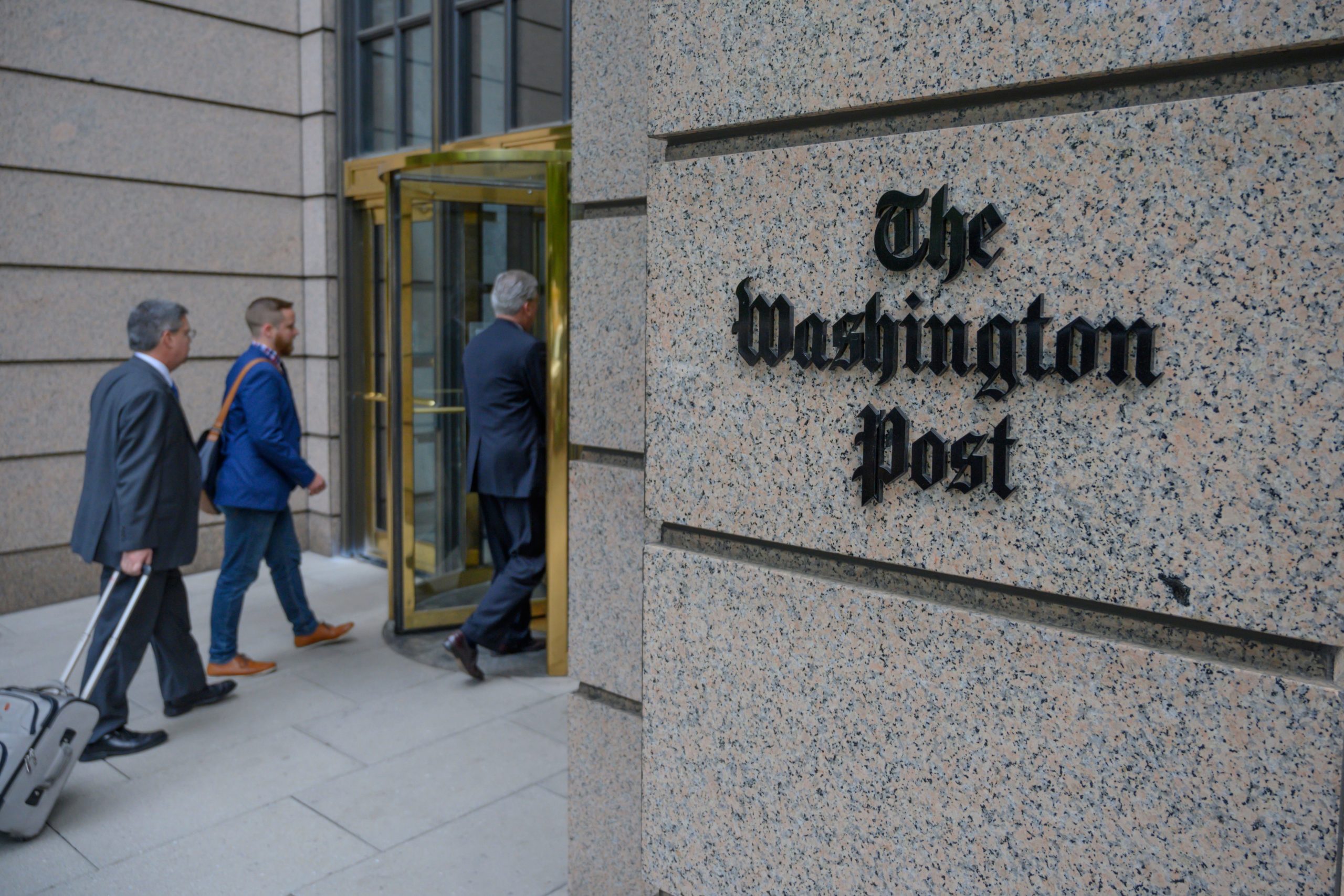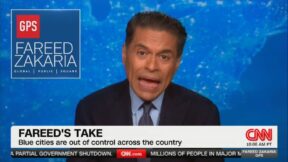Washington Post Reinstates Felicia Sonmez — But Gets Called Out for Not Apologizing

Eric Baradat/AFP/Getty Images
The Washington Post has determined that national reporter Felicia Sonmez was not in violation of its social media policy after suspending her for tweeting out a Daily Beast story detailing a sexual assault case involving Kobe Bryant, who died in a helicopter crash on Sunday.
“After conducting an internal review, we have determined that, while we consider Felicia’s tweets ill-timed, she was not in clear and direct violation of our social media policy,” managing editor Tracy Grant said in a statement.
“Reporters on social media represent The Washington Post, and our policy states ‘we must be ever mindful of preserving the reputation of The Washington Post for journalistic excellence, fairness and independence,” Grant added. “We consistently urge restraint, which is particularly important when there are tragic deaths. We regret having spoken publicly about a personnel matter.”
Sonmez’s suspension has been the subject of intense criticism in the media world. For example, Erik Wemple, the Post’s media critic, determined in a column that the suspension was “misguided,” and the Washington Post Guild wrote a scathing letter calling out Grant and Marty Baron, the paper’s executive editor, for its decision to censure Sonmez. The letter was signed by hundreds of newsroom employees at the Post.
In an internal newsroom email that was shared with Mediate, Post management addressed the suspension in more detail — though it lacked either a reference to Somnez or an apology to the reporter.
“The events of the last few days have surfaced concerns felt widely in the room,” wrote Post editors Baron, Grant, Cameron Barr and Emilio Garcia-Ruiz. “The first involves our commitment to the safety, security and well-being of our staff. The newsroom and Security have worked to develop procedures to respond to the increasingly difficult climate for our journalists. We always endeavor to act quickly and thoroughly to protect and defend our colleagues from intimidation and threats.”
“The second involves the reality that our policies concerning the use of social media — which date from 2011 — are in need of an update,” they continued. “We embarked on that process late last year and welcome your input. The broad outlines of what we expect from the staff are clear, but individual cases that have arisen in recent years indicate to us that further guidance is needed.”
When Somnez shared the Daily Beast story on social media — which a number of other journalists had also shared — she became the subject of an intense harassment campaign in which she received a cavalcade of violent threats. Her address was also distributed online, which caused her to check in to a hotel out of fear for her safety.
“Well, THAT was eye-opening,” Sonmez wrote in a string of tweets that have since been deleted. “To the 10,000 people (literally) who have commented and emailed me with abuse and death threats, please take a moment and read the story — which was written 3+ years ago, and not by me. Any public figure is worth remembering in their totality even if that public figure is beloved and that totality is unsettling.”
The Post ordered Sonmez to delete the tweets and placed her on “administrative leave” for having shared the story. “The tweets displayed poor judgment that undermined the work of her colleagues,” Grant said in a statement.
The latest announcement from the Post, which has now reinstated Sonmez, was not well received on social media, where a number of journalists lambasted the paper for not having defended its reporter in the first place.
“Even in this strange apology thing, they seem to have an almost allergic reaction to protecting their reporter,” Ben Collins, a reporter for NBC News, wrote in a characteristic tweet . “Weird and bad statement, and not nearly enough.”
This post has been updated with new reporting.
New: The Mediaite One-Sheet "Newsletter of Newsletters"
Your daily summary and analysis of what the many, many media newsletters are saying and reporting. Subscribe now!






Comments
↓ Scroll down for comments ↓